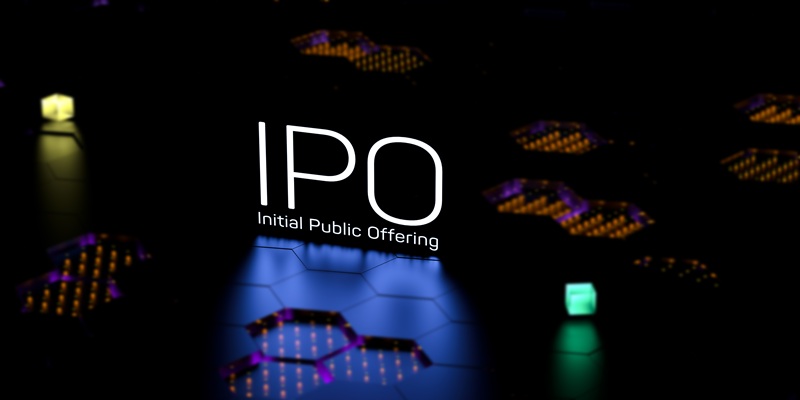Editor’s note: Nvidia (NVDA) $5T!... OpenAI’s IPO update... what does it all mean?
Is this artificial intelligence (AI) boom peaking? Today, I (Chris Reilly) sit down with Stephen McBride to discuss.
And if you haven’t already, make sure to sign up for Wednesday’s important AI meeting here.
***
Chris Reilly: Stephen, Nvidia just became the first company in history to hit a $5 trillion market cap…
... which means you were wrong.
Stephen McBride: (Laughs) I was. I thought Amazon (AMZN) would be the world’s first $5 trillion company. I even wrote that prediction in mid-2022, back when Amazon was worth $1 trillion.
At that time, Nvidia was a $350 billion chipmaker still best known for powering video games.
Chris: I’ll cut you some slack though, because you did recommend Nvidia in 2018, long before ChatGPT arrived on the scene... calling it “the one stock I’d own for the next five years”...
Stephen: Yes, but I couldn’t have imagined how far AI would go—or how central Nvidia would become to it. But the logic was simple: If AI was ever going to happen, someone had to build the hardware to make it run. Nvidia was that someone.
And now, here we are—Nvidia at $5 trillion.
Chris: It’s been an incredible run. But we’re here today because, on Wednesday, you’re hosting an urgent meeting called The AI Endgame, which RiskHedge readers can register to join for free here.
So let’s set the stage. Nvidia’s up more than 2,600% since your first recommendation. It’s now the most valuable company on the planet.
It’s been quite a ride, but it hasn’t been a straight line...
|
Stephen: Not even close. Nvidia’s had brutal corrections—drops of 50%, 60%. Every time, analysts said, “The easy money’s been made.” But when you own a genuine disruptor, the easy money phase lasts longer than anyone expects.
Chris: So as everyone knows, Nvidia has been the backbone of the AI boom. How long will that last?
Stephen: Well, up until this point, its been all about infrastructure—the raw computing power needed to train and run AI models.
Big tech shoveled billions into Nvidia GPUs. That spending spree is what pushed Nvidia from a few hundred billion in value to five trillion.
Chris: And it all happened fast. ChatGPT just turned three.
Stephen: Hard to believe, right? In that short time, AI went from fringe idea to defining technology of our era.
When ChatGPT launched, it became the fastest-growing app in history—reaching 100 million users 4X faster than TikTok and 35X faster than Uber (UBER).
Today, about 800 million people use ChatGPT every week. It’s changed how we work, learn, and create.
None of it’s possible without Nvidia. It’s a “disruption Hall of Famer.”
Chris: You were early to the AI buildout—that’s when you want to invest in a true megatrend: before it becomes consensus.
Three years ago, investing in AI infrastructure was a slam dunk. But what about now?
Is the AI boom peaking?
Stephen: It’s a fair question. Whenever something becomes this dominant, people start using the word “bubble.”
And there are plenty of warning signs. When you’ve got headlines about trillion-dollar IPOs and late-night talk show hosts talking about AI valuations, you know the story’s gone fully mainstream.
Chris: Speaking of IPOs, there’s new buzz that OpenAI—the company behind ChatGPT—might go public soon.
Stephen: Right. According to Reuters, OpenAI could IPO as soon as 2027 at a $1 trillion valuation. Some odds-makers put a 40% chance on it being announced by 2026.
History’s full of examples where a high-profile IPO marked the peak of a boom.
I call this the “IPO curse.”
Chris: Examples?
Stephen: Think AOL-Time Warner in 2000—still the largest merger ever—right before the dot-com collapse.
Blackstone’s (BX) IPO in 2007 came just months before the financial crisis.
Glencore’s listing in 2011 lined up perfectly with the peak of the commodity super-cycle.
So, yes—OpenAI’s impending IPO is a clear warning sign.
Chris: On November 5, you’ll be talking with our publisher Dan Steinhart to lay out what you call the “AI Endgame”—what it means for investors and where we are in the cycle.
Without spoiling it, I’ve read some of the research. Let’s just say this could be one of those hinge points where the next decade’s biggest winners start to separate from the crowd.
Stephen: Exactly. I think investors will look back on this moment as a turning point.
Chris: Folks, Stephen’s going live Wednesday. The event’s free, but you have to register here.
Mark your calendar—you’ll want to hear this.



